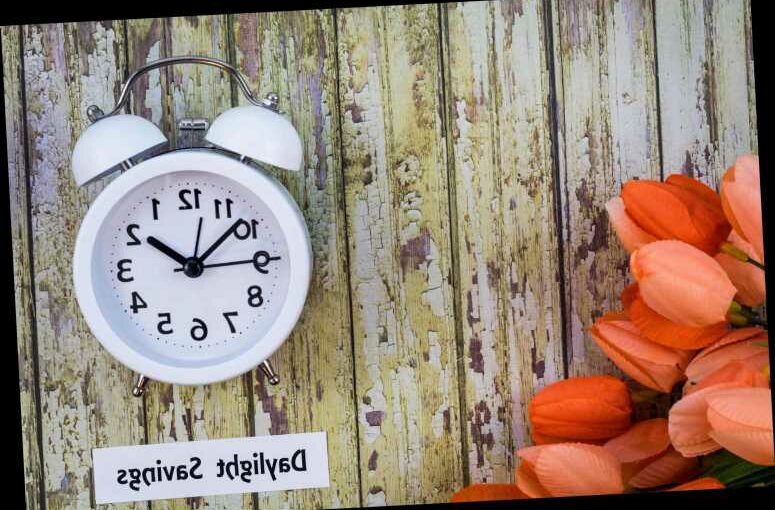CLOCKS go forward by an hour every March – marking the start of British Summer Time.
But why does the UK “spring forward” and “fall back” every year? Here’s everything you need to know…
Why do we still have British summer time?
Every year in the UK, our clocks go forward on the last Sunday in March – to create British summer time.
During BST, there’s more daylight in the evenings and less in the mornings – also known as Daylight Saving Time.
When the clocks go back, we enter Greenwich Mean Time or GMT.
The clocks always go back one hour on the last Sunday in October.
The UK observes the clock changing twice a year.
The clocks are changed to make better use of daylight.
But when the clocks go back in October, there's more daylight in the mornings – and less in the evenings.
When changed to British Summer Time, we move an hour of daylight from the mornings to the evenings.
There's a handy phrase to remember which helps avoid confusion – "spring forwards, fall back".
Who started daylight saving time and why?
British Summer Time came into existence with the Summer Time Act that was passed by Parliament in 1916.
Germany was the first country to adopt the plan on April 30, 1916, and on May 21, Britain followed suit, during the height of the First World War.
The campaign which led to the creation of BST and Daylight Savings Time (DST) was started by William Willet in 1907 in a bid to stop people wasting valuable hours of light in the summer months.
By setting the clocks back in winter, Brits get an earlier sunrise and earlier sunset.
In summer the sun rises and sets one hour later than it would without daylight saving.
In a pamphlet called The Waste of Daylight, Willett suggested clocks should be advanced by 80 minutes over four stages in April, and reversed the same way in September.
Supporters at the time of the proposal argued the scheme would save energy by reducing domestic coal consumption.
They also said it would increase supplies available for the huge manufacturing cost of the war effort.
It has been in place ever since – despite criticism from some groups.
Why do we change the clocks in the UK?
The change signals the approach of winter and fewer daylight hours by ensuring there’s more daylight in the mornings and less in the evenings.
However, there is still a lot of controversy over the economic and health benefits of changing the clocks.
Some argue that the change reduces traffic accidents and crime rates, saves energy, improves business productivity.
However others say these benefit are not solely the result of the clock change.
Some researchers argue that children’s health could improve if clocks were permanently set an hour ahead.
Source: Read Full Article

